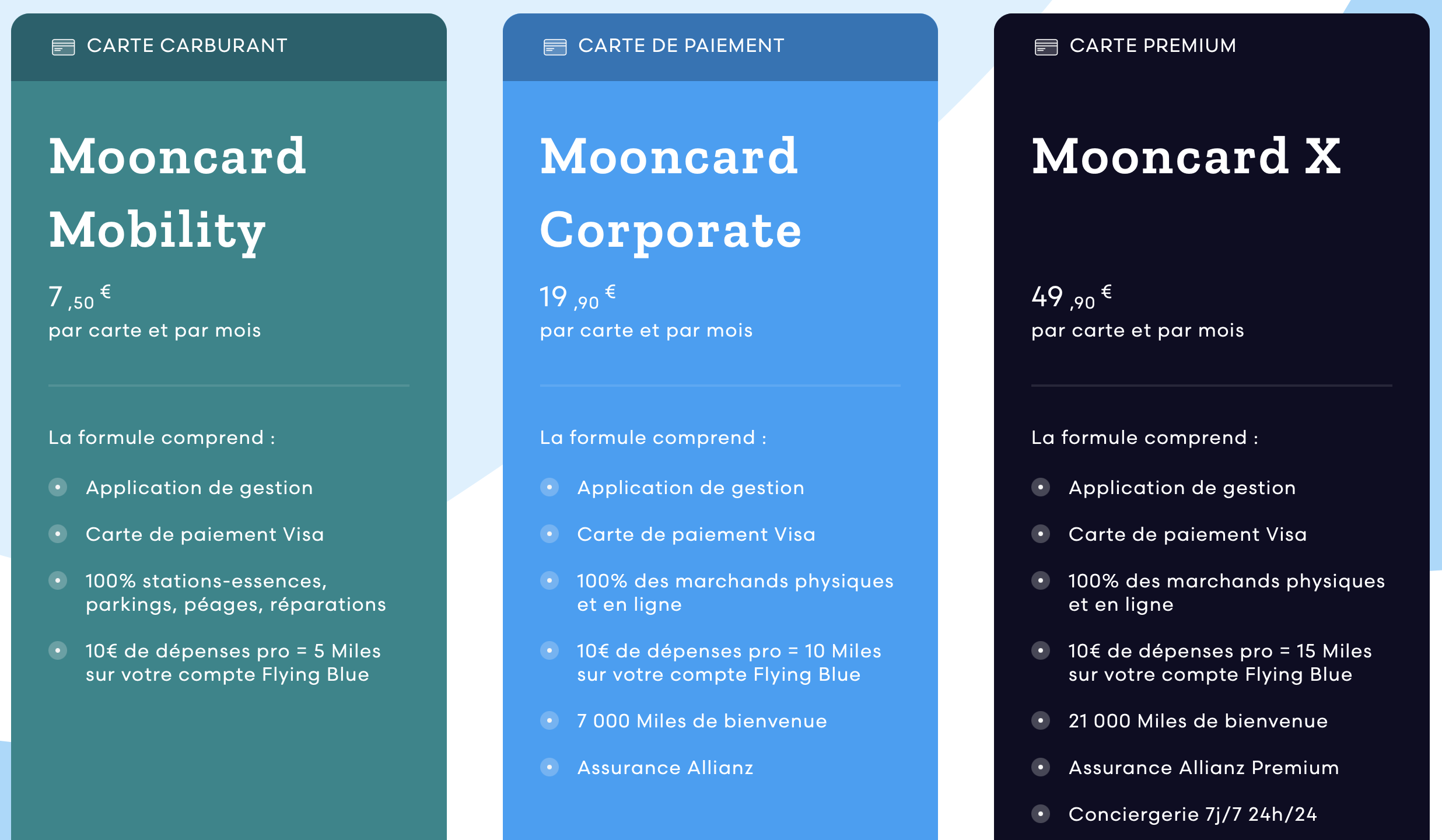Joanne Chen just became the second general partner in the history of the now 26-year-old, Silicon Valley venture firm, Foundation Capital.
Were she still alive, Foundation’s founder, Kathyrn Gould, would undoubtedly cheer the development.
Known for her big personality, Gould first met Chen when Chen was an an MBA student at the University of Chicago. Gould was recovering from a bout with cancer at the time, and after being introduced to Chen through one of Chen’s professors, she initially advised Chen not to go into venture. As Gould herself discovered early on, doors open more easily to men in the venture world, which is why she’d started her own firm in the first place.
Yet, like Gould, being dissuaded only motivated Chen more. Though she began her career as an engineer at Cisco, she’d always been interested in finance, jumping into a banking analyst role with Jeffries, then working as an associate with the capital advisory firm Probitas before cofounding a mobile gaming company she’d later wind down.
Grad school in Chicago — and meeting Gould — only reinforced for Chen how much she wanted to become a VC, and following stints at Formation 8 and Hyde Park Angels, she landed at Foundation in 2014. (Sadly, Gould passed away in 2015.)
Certainly, Chen has brought a fresh perspective to a firm that features 10 investors altogether, the rest men.
Aside from being the only woman in the group, Chen has a strong point of view, for example, on the entrepreneurial potential of students from U.C. Berkeley, where she studied as an undergraduate. While the university is not nearly so organized as Stanford when it comes to minting founders, in her view it has just as much talent and, as a result, it’s a network into which she invests a lot of time and energy as an investor.
Chen, who was born in China and great up in Montreal, also spends a lot of time thinking about AI, both as an investor and also simply a person in the world. Her father, who received his PhD from the University of Montreal, went on to work at Bell Labs as a researcher, and her mother is a computer programmer and “DevOps person” who Chen routinely talks with about software tools. But their background isn’t so simple.
Like many immigrants, her parents fled China during the Cultural Revolution. Because her grandfather helped architect a major telecom company in China, he was persecuted by the Communist Party, stripped of all his responsibilities and titles and, as an “intellectual,” says Chen, thrown in jail. Meanwhile, his son (her father) wasn’t allowed to start college until he was 21, and it was only because he was a good student that was he invited abroad to obtain his master’s degree.
Today, her family’s experience combined with China’s use of artificial intelligence — including to track its Muslim minority — is top of mind for Chen in ways it may not be for someone with a lesser grasp of the lengths to which authoritarian regimes will go, and how quickly they can act.
It’s why most of Chen’s work centers on understanding how AI, from how machines evolve from organizing activity to replacing humans (which will definitely happen, says Chen); to how to recognize and counter malicious applications of AI with AI (such as through recruiting software that screens out names and gender to eliminate human bias); and how to otherwise make sure that AI is used to improve human life, she suggests.
Of course, Chen isn’t exactly alone in her interest in AI. Nearly every startup today incorporates — or says it does — AI into its offerings, from lending companies to startups that help remote teams work more effectively. And investors, including at Foundation, have funded many of them.
Asked how she deals with competition for many of these deals, Chen says she moves as fast when there’s a decision to be made. She engages with VPs of engineering and technical founders who share ideas through Slack communities and elsewhere. She also notes that Foundation provides capital to roughly 30 operators who write angel checks and help steer the firm’s attention to interesting deals.
Mostly, suggests Chen, she focuses on whatever is not landing in her inbox — a lesson learned in part from Gould years ago.
It’s easy to believe. As Gould once told this editor of the advice she gives to other VCs: “It not the calls you take. It’s the calls you make. Everyone is calling you with dumb startup ideas, and you can stay hugely busy sorting through that crap. My advice instead is to figure out who are the 10 to 20 smartest people you know and call them. One of them is always starting a company.”



